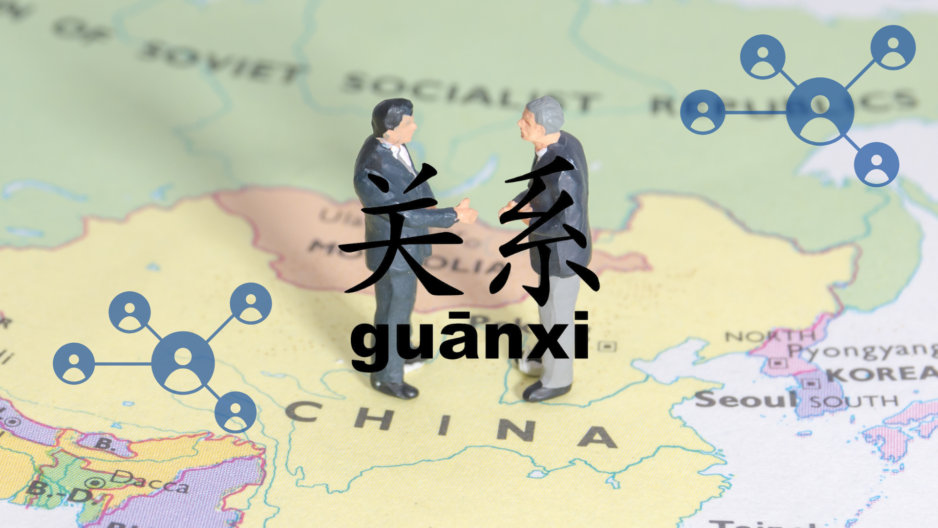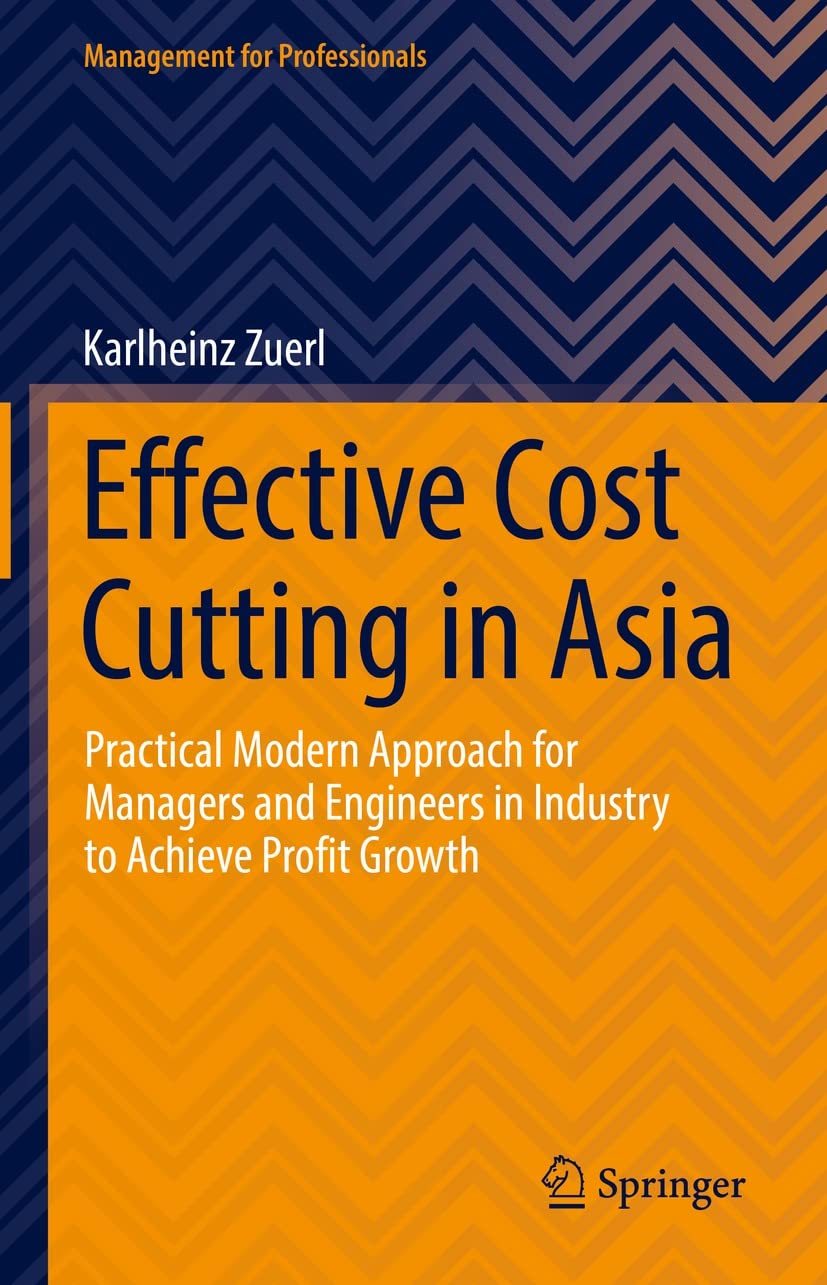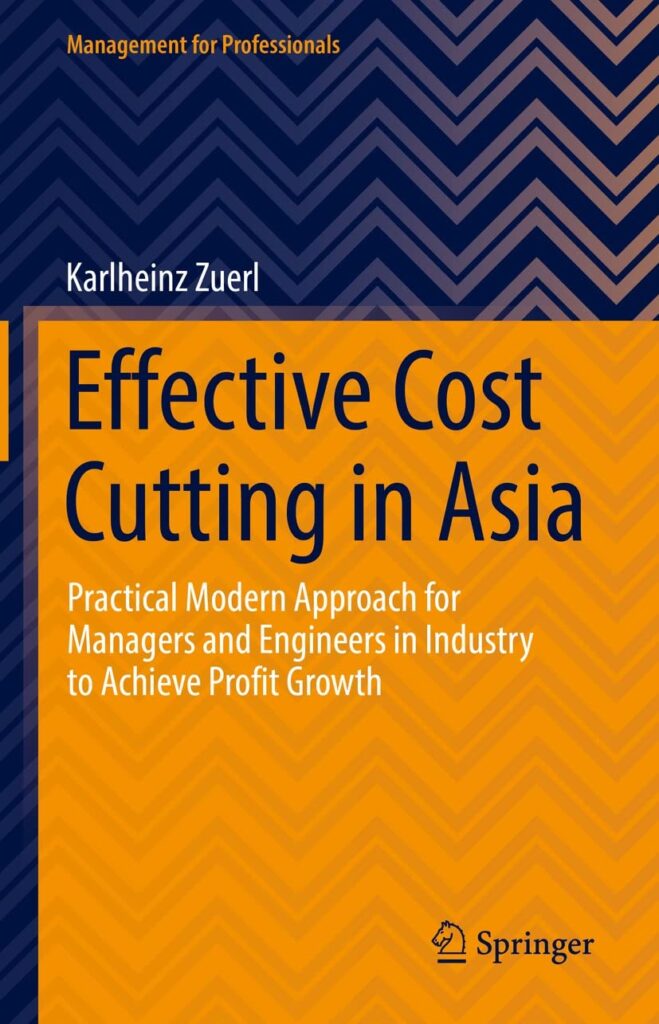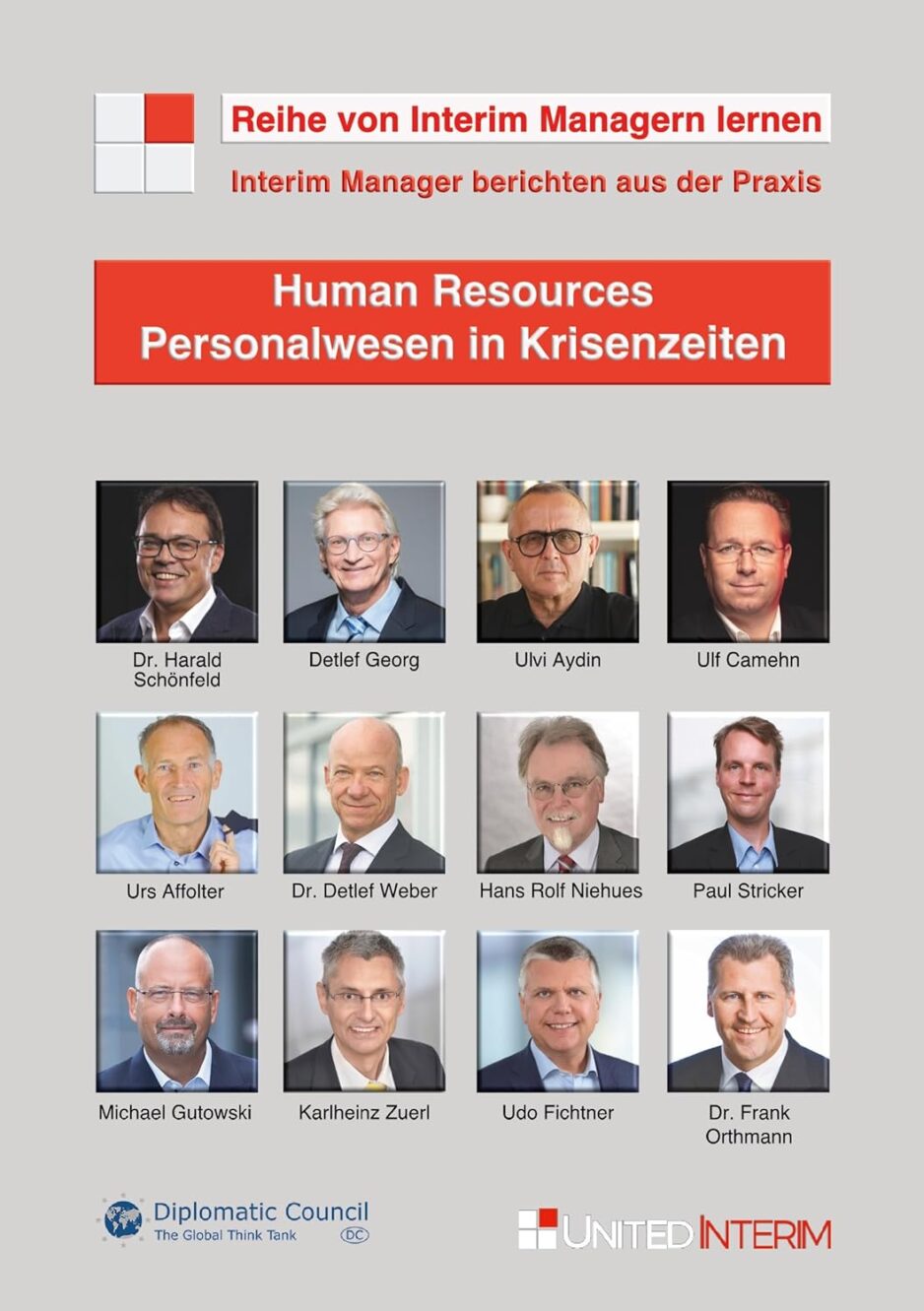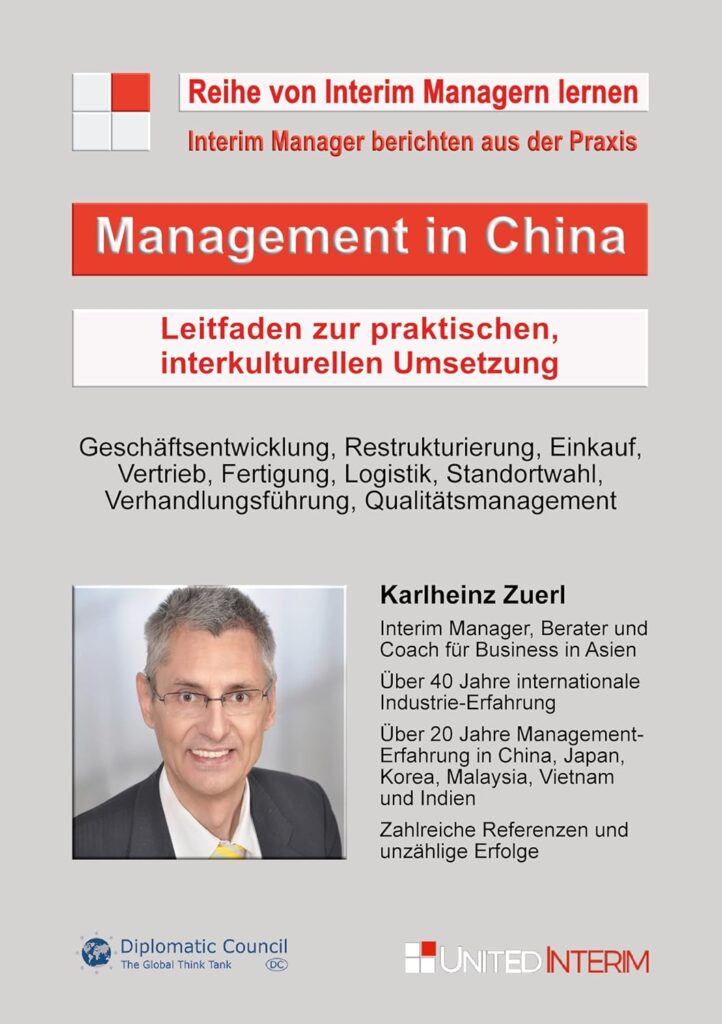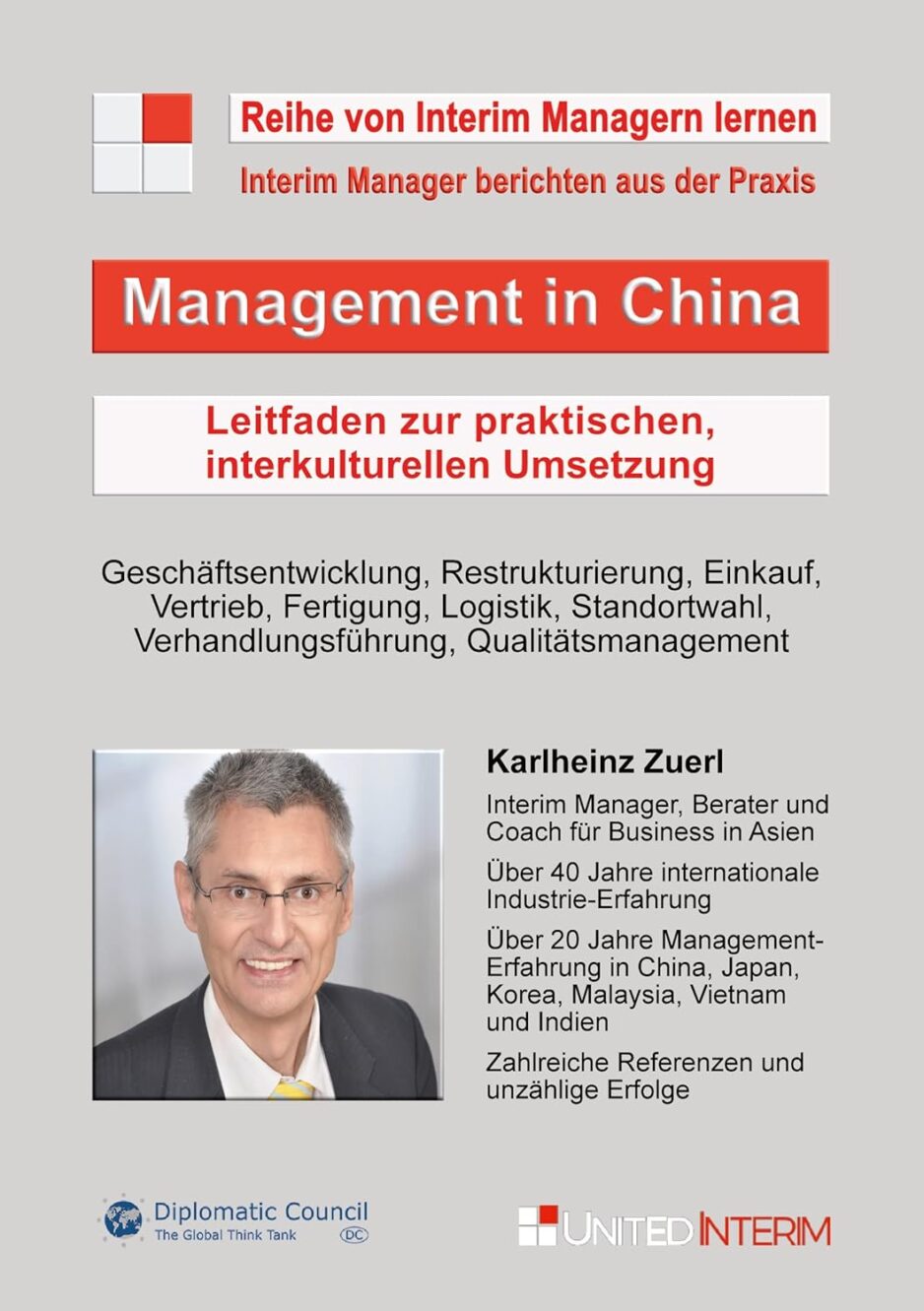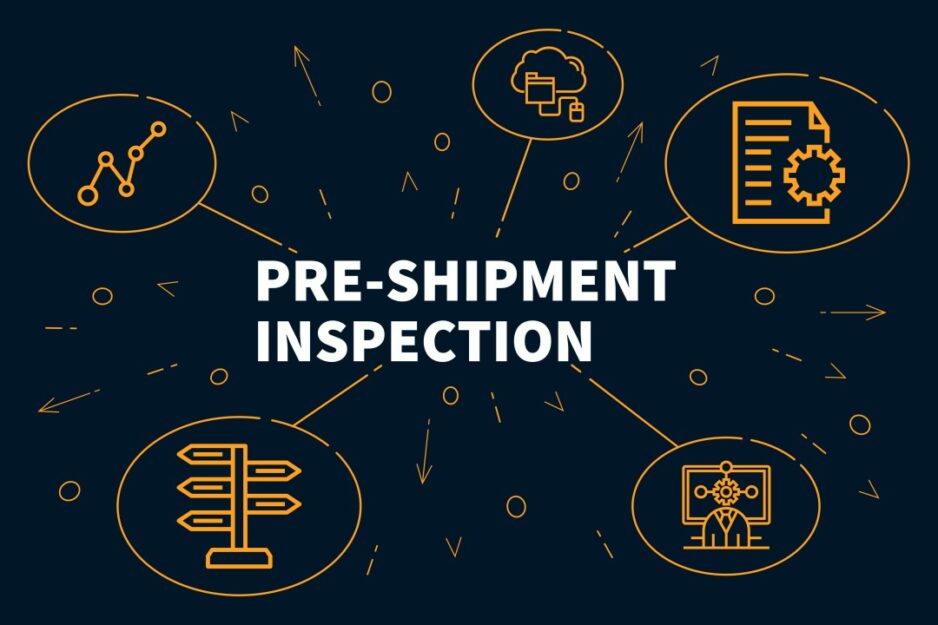Expanding your business into Asia, particularly China, can be challenging if you’re unfamiliar with local business customs. In China, Guanxi—the intricate network of personal and professional relationships—is crucial for success. But what exactly is Guanxi, and how can you build and handle it effectively? We’ll answer these questions and more as we support you throughout your international expansion strategy.
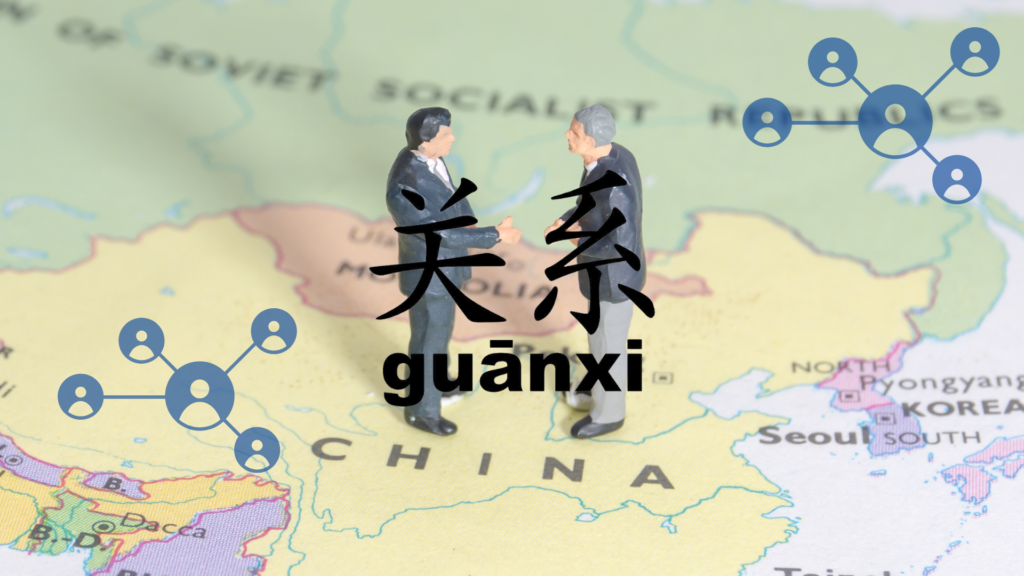
What is Guanxi?
Guanxi is the cornerstone of business relationships in China and a fundamental concept in Chinese society. While it can be loosely translated as “network,” “relationship,” or “circle,” its deeper meaning refers to the web of “involved relationships” that link individuals. Essentially, Guanxi encompasses everything related to personal and professional connections.
For Europeans, the concept of Guanxi can be challenging to grasp, as it blends business and personal ties—something that contrasts with the more distinct separation between work and personal life in Europe.
In practice, Guanxi functions like a trusted contact book, but with a key difference: it is made up of people you can rely on. It’s a system that allows you to tap into your network for support, particularly in business, where connections are often the key to success.
The Role of Guanxi in an Outsourcing Strategy
In Chinese business culture, trust and belonging form the foundation of relationships. Building guanxi—a network of trusted connections—requires time, but once established, it becomes a powerful tool. Chinese partners, bound by guanxi, are often willing to provide extensive support.
This system reinforces hierarchical roles, fostering trust and exclusivity in business dealings. For instance, businesses may avoid entering markets already occupied by others out of respect for established relationships.
Additionally, Guanxi helps prevent public humiliation by resolving issues discreetly. When challenges arise, Chinese individuals and businesses prefer to consult their Guanxi network rather than risk public embarrassment.
At its core, Guanxi operates as an exchange of favors. It involves offering a favor at one time, with the expectation of receiving a service of greater value in the future. This asymmetrical dynamic sustains and strengthens the relationship, as providing a greater return ensures the bond remains active. Conversely, failing to honor this norm can lead to social exclusion. Guanxi is not a permanent commitment but requires consistent effort to maintain.
At its core, guanxi operates as an exchange of favors—a service offered today is repaid with a greater favor in the future, maintaining and strengthening the relationship. However, guanxi requires ongoing effort to sustain. Neglecting this social norm risks severing the relationship, and failing to reciprocate appropriately can lead to exclusion from the network.
For companies, guanxi is a strategic asset. A strong network, especially one that includes investors, can significantly push business growth. Chinese investors are active participants in these networks and often share valuable insights on platforms like Zhihu, a popular social media platform for exchanging knowledge. Cultivating and leveraging Guanxi can, therefore, offer a competitive edge in navigating the complexities of the Chinese market.

How to Build Guanxi
Establishing Guanxi begins with forming a foundation of trust, which must be both absolute and mutual. Entry into a Guanxi network typically requires sponsorship from a trusted third party who can introduce you to key individuals. This trust transcends simple professional relationships, as all parties involved commit to a mutually beneficial, win-win collaboration. The principle of reciprocity is central to building and sustaining Guanxi, where both sides make consistent efforts to maintain a stable relationship.
Steps to Establish Guanxi
Participate in Events and Gatherings
Joining external events, such as business lunches or networking functions, is an effective way to initiate Guanxi. These settings provide an opportunity to learn and adhere to cultural norms, such as bringing a thoughtful gift and presenting it with proper etiquette. Observing these rules demonstrates respect and leaves a positive impression.
Respect Cultural Norms
Understanding and respecting Chinese habits and social norms are critical. For example:
Toasting Etiquette: During a toast, the position of your glass reflects respect. When toasting with someone of higher rank, ensure your glass is slightly lower than theirs.
Nonverbal Communication: Avoid raising your voice or gesturing excessively when expressing opinions, as these actions are considered impolite and may harm your reputation.
Adaptability
Being adaptable is essential, particularly when interacting with individuals of higher status. Demonstrating cultural sensitivity and adjusting your behavior to align with social norms will help you foster strong relationships.
Word of Mouth
Recommendations and introductions through word of mouth are powerful tools for expanding Guanxi. In Chinese culture, trusted endorsements carry significant weight and can open doors to valuable connections.
Incorporating Guanxi into Your Presentation
- Feature People: Include photos of colleagues, clients, or teams you’ve collaborated with to showcase your relationships and emphasize a spirit of cooperation.
- Share Experiences: Highlight images from events, milestones, or gatherings to create a personal, relatable narrative.
- Recognize Partners: Display logos of partner companies and images of key clients or suppliers to show respect and appreciation for the network supporting your business.

The Economic Benefits of Guanxi
When built and maintained effectively, Guanxi becomes a strategic asset that can enhance both business growth and career development. A strong Guanxi network can save time, provide access to resources, and serve as a catalyst for long-term success.
In particular, having an investor within your Guanxi network is highly advantageous. Investors not only provide financial backing but also lend credibility and support, making business development smoother and more efficient.
Respecting cultural norms, committing to reciprocity, and engaging actively in meaningful interactions are key to building a robust Guanxi, which can offer significant personal and professional advantages.
If you have further questions, or suggestions, or would like to discuss more about cross-cultural presentations, feel free to reach out. Let’s learn together and make each presentation a step toward genuine connection and successful collaboration. If you want to learn more about our sales initiatives in Asia, Europe, and BRICS countries for your products as well as our open posts as an expert in your field, please write us at [email protected].
Experts in the Automotive Industry Asia
You need one, but don`t want to hire one permanently?
Our solution: To rent our experts
- On pay-to-use basis
- Completely flexible
- Contract can be cancelled any time
Clearly represented reports and dashboards inclusive!

